Chromatin/Epigenetics

Epigenetics is the heritable modifications in gene expression that is not associated with changes in DNA sequence. Epigenetic modifications occur mostly on DNA or on the histone octamer. There are several types of epigenetics modifications, DNA methylation by DNA-methyl transferase (DNMT) and covalent modification of histones (e.g. acetylation, methylation, phosphorylation and ubiquitination). Histone acetylation by histone acetyltransferases (HATs) is involved in transcriptional activation, whereas histone deacetylation by histone deacetylases (HDACs) is connected with transcriptional repression. Histone demethylation is associated with lysine-specific demethylase (LSD) and JmjC domain containing histone demethylase (JHDM).
The nucleosome is consisted of four histone proteins (H2A, H2B, H3, and H4), they are primary building block of chromatin. The addition and removal of specific chemical groups refers to as epigenetic marks, it regulates chromatin structure and affects gene expression. Moreover, RNA is intimately involved in the formation of a repressive chromatin state.
Epigenetic mechanism responds to environmental changes at the cellular level and thus influences cellular plasticity. Chromatin and epigenetic regulation play a significant role in the programming of the genome during development and stress response, defects in epigenetics can lead to cancer, inflammation and metabolic disorders etc.
-
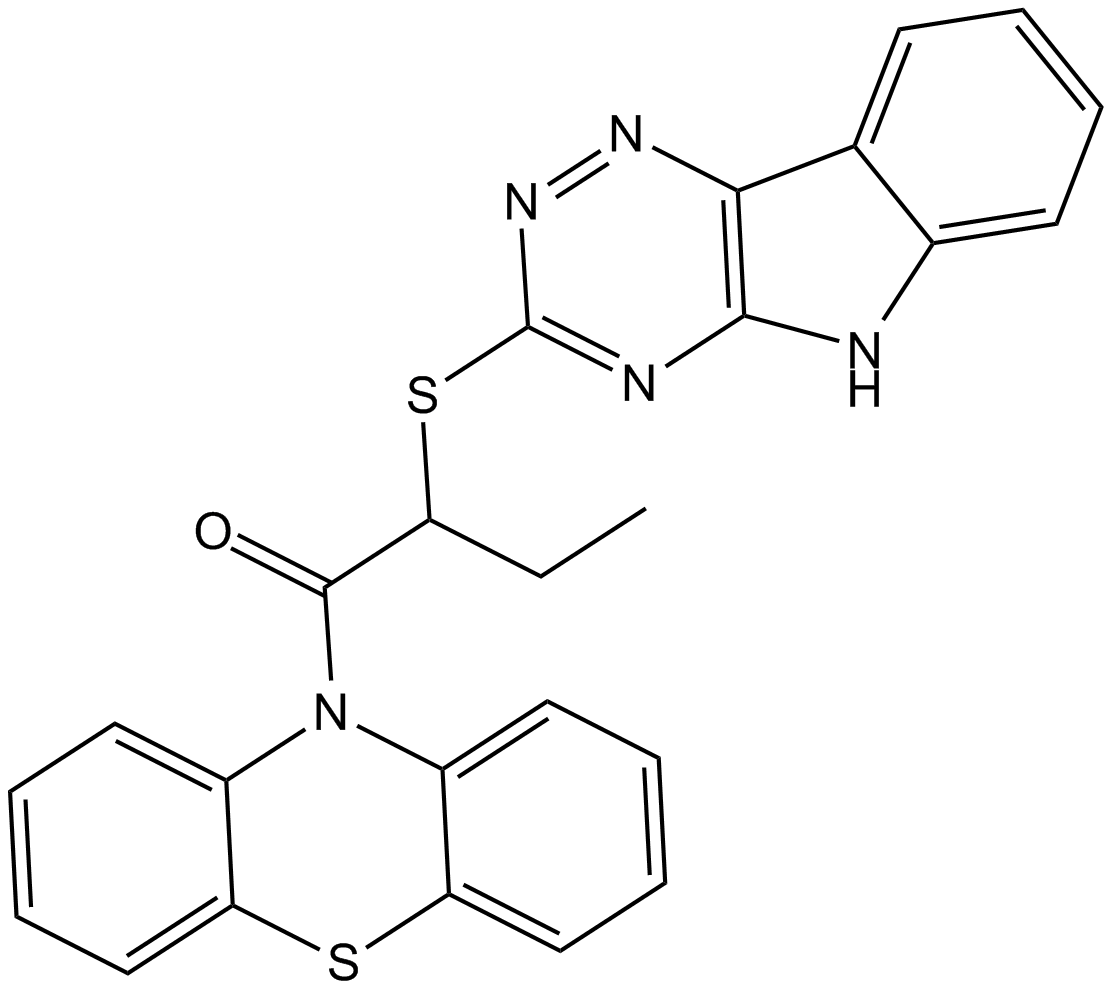 B3272 InauhzinTarget: Sir2-like Family Deacetylases (Sirtuins)Summary: SIRT1 inhibitor
B3272 InauhzinTarget: Sir2-like Family Deacetylases (Sirtuins)Summary: SIRT1 inhibitor -
 B3274 CCT007093Summary: PPM1D inhibitor
B3274 CCT007093Summary: PPM1D inhibitor -
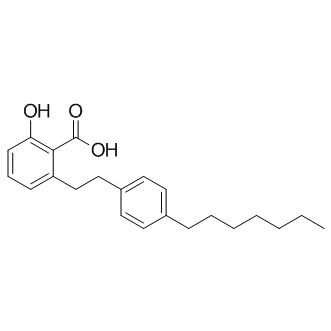 B3276 MG 1492 CitationSummary: HAT inhibitor
B3276 MG 1492 CitationSummary: HAT inhibitor -
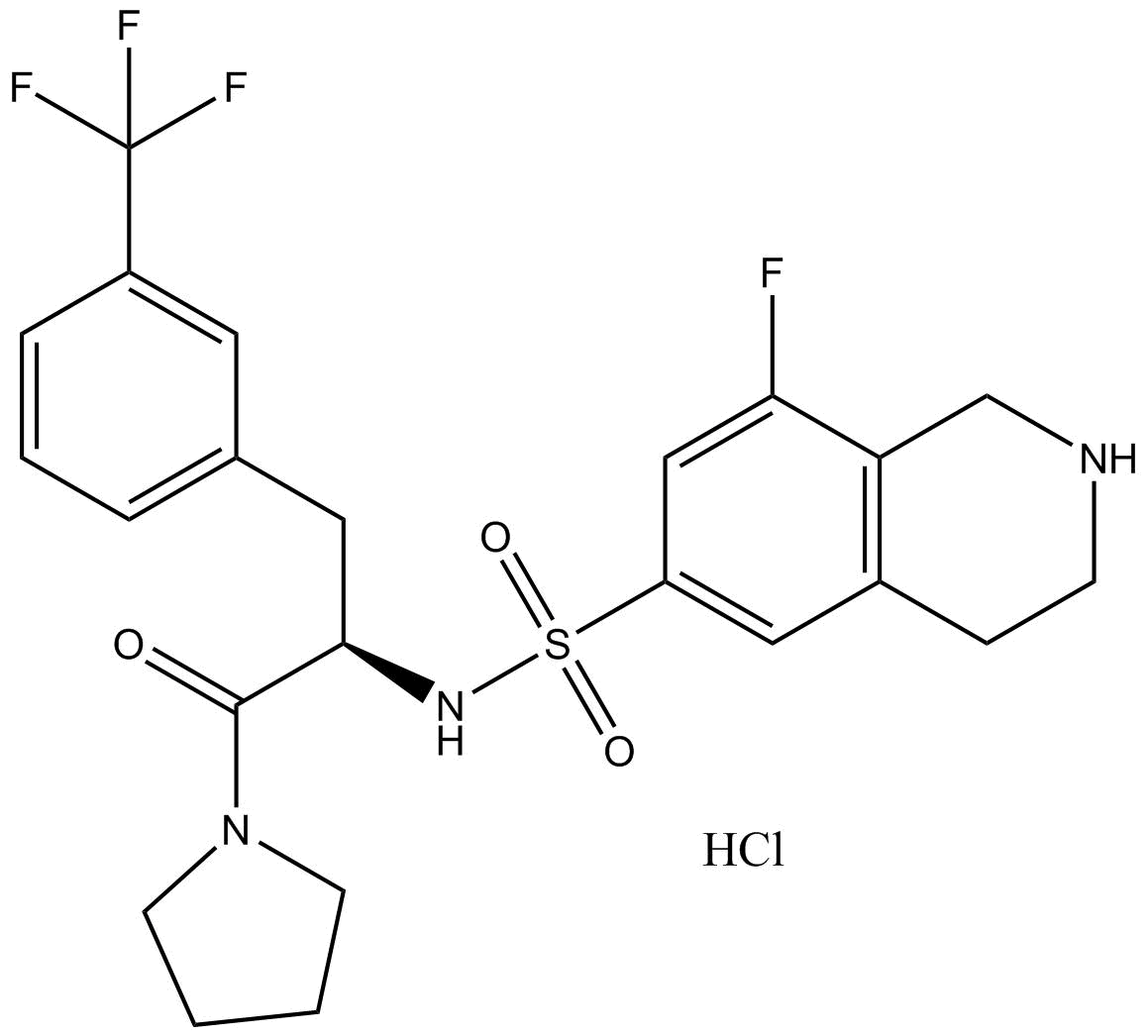 B8210 (R)-PFI 2 hydrochloride
B8210 (R)-PFI 2 hydrochloride -
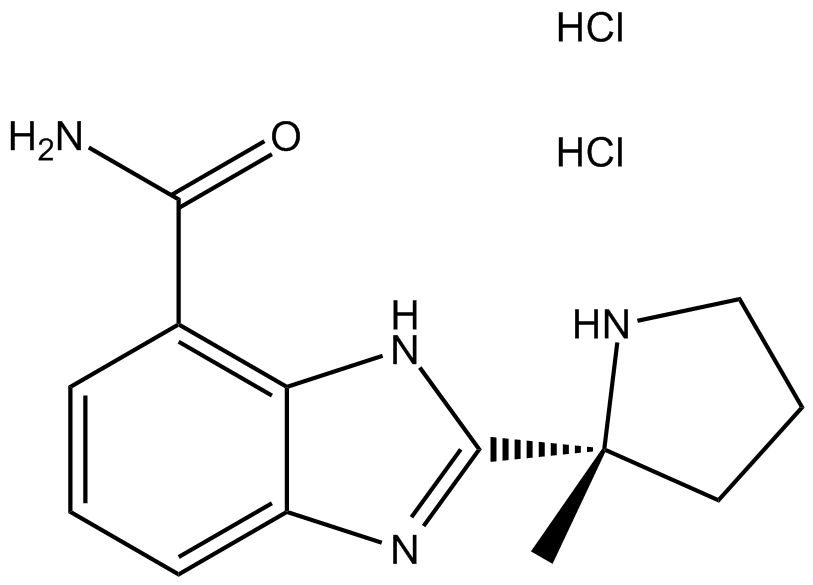 A3958 Veliparib dihydrochlorideTarget: PARPSummary: PARP-1/PARP-2 inhibitor
A3958 Veliparib dihydrochlorideTarget: PARPSummary: PARP-1/PARP-2 inhibitor -
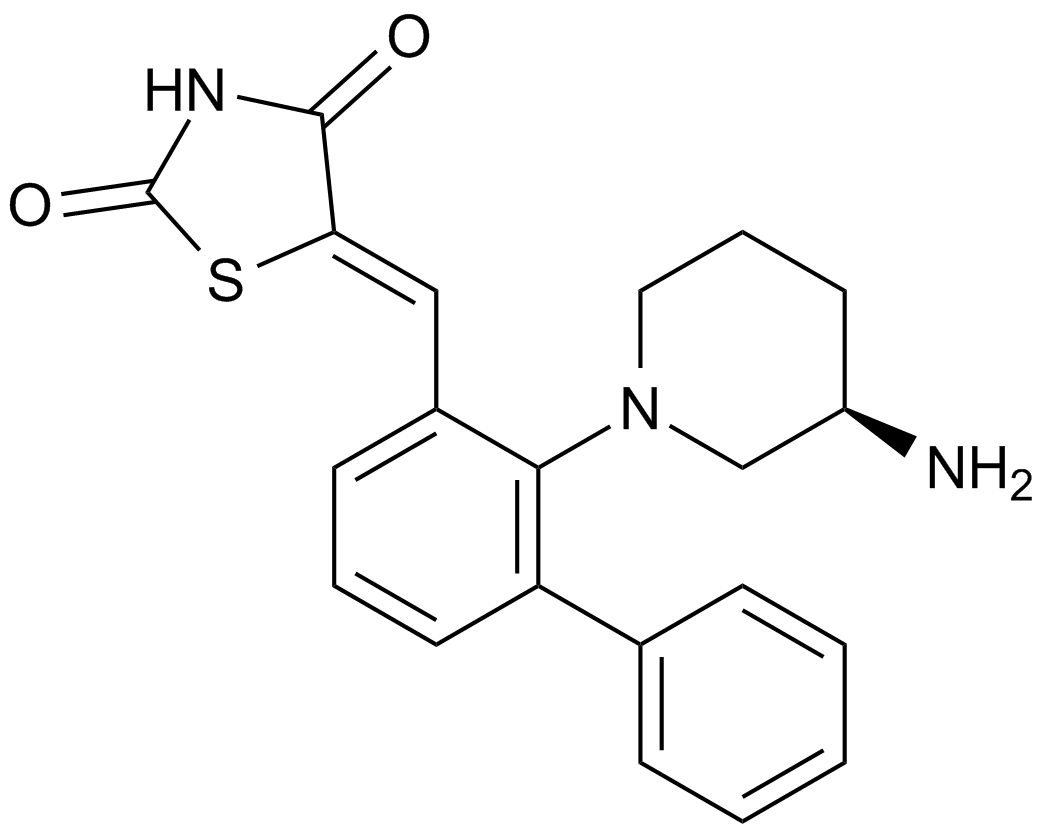 A3962 AZD1208Target: PimSummary: PIM kinase inhibitor
A3962 AZD1208Target: PimSummary: PIM kinase inhibitor -
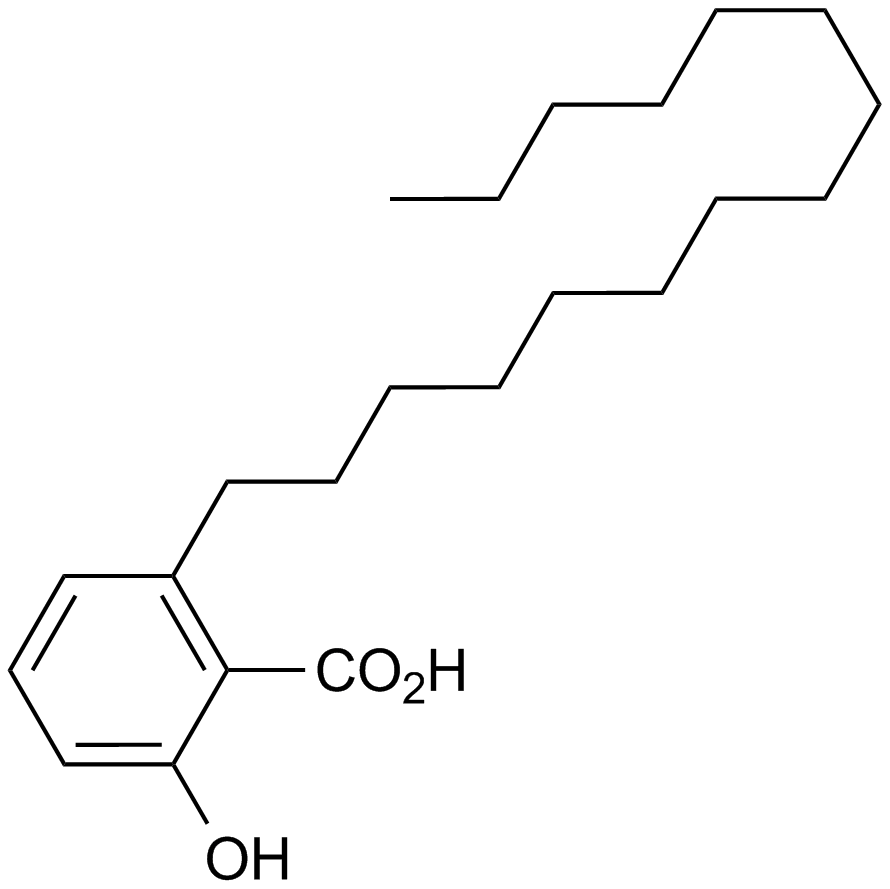 A4488 Anacardic acidTarget: Histone Acetyltransferases (HATs)Summary: HAT inhibitor
A4488 Anacardic acidTarget: Histone Acetyltransferases (HATs)Summary: HAT inhibitor -
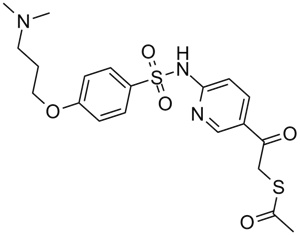 A4493 KD 51701 CitationSummary: HDAC inhibitor
A4493 KD 51701 CitationSummary: HDAC inhibitor -
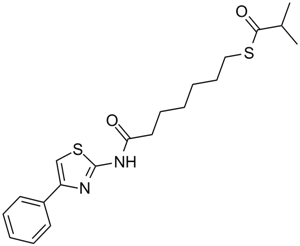 A4495 NCH 51Summary: Histone deacetylase (HDAC) inhibitor
A4495 NCH 51Summary: Histone deacetylase (HDAC) inhibitor -
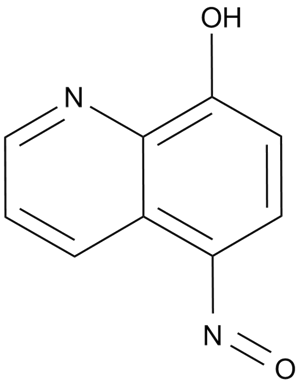 A4496 NSC 3852Target: Histone Deacetylases (HDACs)Summary: HDAC inhibitor
A4496 NSC 3852Target: Histone Deacetylases (HDACs)Summary: HDAC inhibitor

